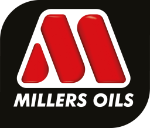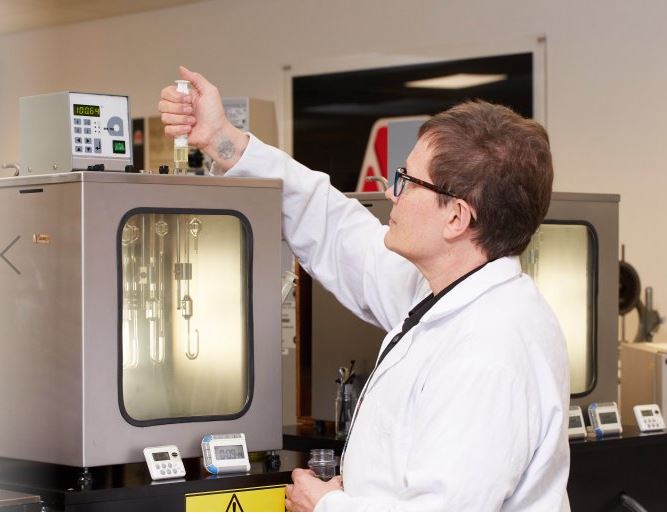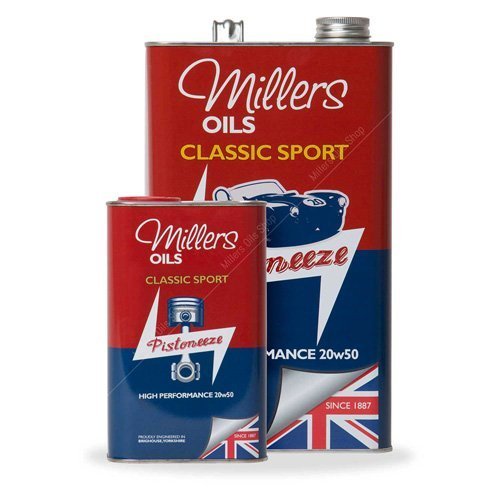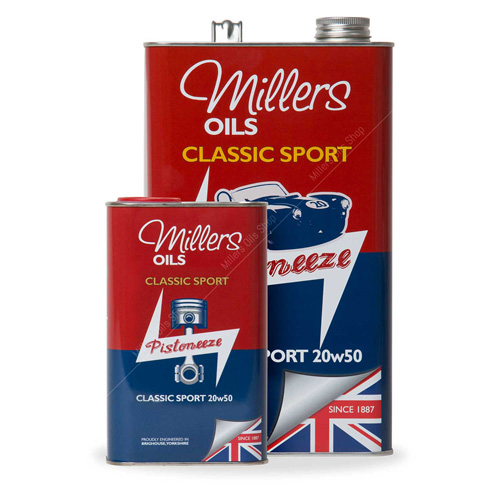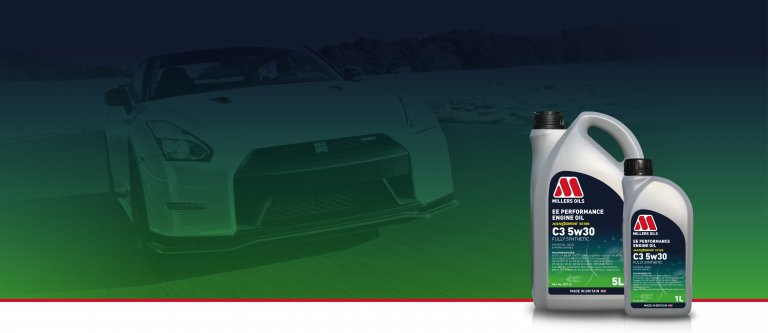Myths About Oil
Myths About Oil
How to understand OEMs (Original Equipment Manufacturer), specifications, approvals, warranties and Block Exemption?
Here, we have summarized some of the important things you need to know, so that we can dispel some of the myths about oil.
When it comes to oils there are two phrases that are often used: “meets specification” and “OEM approved”.
Whilst these phrases are commonly used, Millers Oils are often asked … what is the difference and does it really affect vehicle warranty?
Here, we hope our quick refresher on these key terms will help to dispel some of these myths about oil.
What’s an OEM?
OEM stands for the Original Equipment Manufacturer, ie. the Company that made your vehicle.
What’s the difference between an oil that’s approved and an oil that meets specification?
 There are industry standards for oil, such as the European Automobile Manufacturers’ Association (ACEA).
There are industry standards for oil, such as the European Automobile Manufacturers’ Association (ACEA).
However, the Original Equipment Manufacturer often has their own standards or specifications for oil that can be used in their vehicles.
These specifications are made available to oil blenders, who can then formulate products that meet the criteria.
If an oil has been formulated in line with the OEM specification, it is described as “meets specification”. However, at this stage, it is not yet considered to be approved.
An oil is OEM approved, if it has been submitted to the vehicle manufacturer for testing, and they have confirmed that it meets specification.
To qualify for approval, the lubricant is subjected to a series of precise and rigorous tests. These tests can be performed by the equipment manufacturer or by an outside laboratory. Every essential characteristic of the lubricant is controlled, inspected and examined. If the oil meets the requirements, the OEM can give it approval. The latter marks the compliance of the lubricant and is proof that the product is perfectly suited to the use for which it is intended.
It should be noted that a lubricant can benefit from several approvals, from several different manufacturers.
How do I know if an oil really does “meet specification”?
 An industry organisation called the Verification of Lubricant Specification (VLS) monitors the market and checks compliance of products to industry and performance standards. The OEM defines a list of specifications that the lubricant must meet for specific situations and uses. These data serve as a basis for the production of the product, both in the choice of oils and their additives. These specifications set by the manufacturer also define tests and their limits. Compliance with the published indications allows the production of a lubricant known as “meets specifications”.
An industry organisation called the Verification of Lubricant Specification (VLS) monitors the market and checks compliance of products to industry and performance standards. The OEM defines a list of specifications that the lubricant must meet for specific situations and uses. These data serve as a basis for the production of the product, both in the choice of oils and their additives. These specifications set by the manufacturer also define tests and their limits. Compliance with the published indications allows the production of a lubricant known as “meets specifications”.
This means businesses and consumers can have confidence in the claims that oil blenders make.
If I use an oil that “meets specification”, will it invalidate my warranty?
The quick answer is ‘no’ it won’t. An oil that ‘meets specification’ will not invalidate your warranty.

However, looking at this in more detail, it’s worth mentioning that in 2003, the European Commission introduced the Block Exemption Regulation, which is a law that stops unfair activities that prevent competition.
In the context of oil, it means motorists can have their vehicles serviced or repaired in any chosen workshop without invalidating their manufacturer’s warranty, as long as the work, parts and oil are of appropriate and matching standard to that of the manufacturer.
Simply put, if an oil meets the OEM specification, it is the same standard as the OEM approved oil and will not invalidate your warranty.
We hope you have enjoyed reading our views on myths about oil. For further information about Millers Oils products, further snippets concerning myths about oil, and which of our oils meet your OEM, please use the Contact Us form or call us on 05 55 78 54 20.
